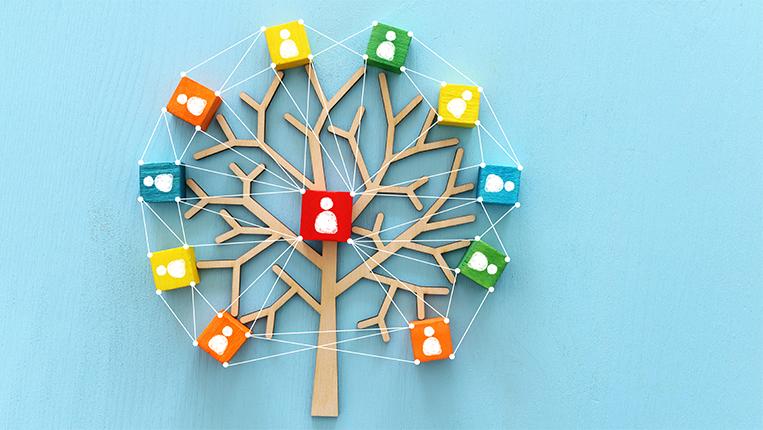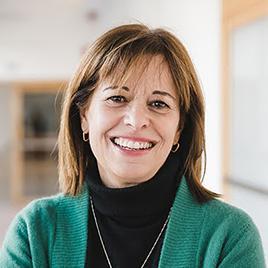Objectives and method
- Improve the understanding of creativity in the individual, group and organizational domains.
- Provide a climate in which everyone feels willing to explore their own creativity.
- Provide opportunities for the development of individual and group creative capacities.
- Improve skills in decision-making and problem-solving processes.
Skills to develop:
- fluency, flexibility, and originality of thought/action
- imagination
- tolerance of ambiguity
- openness to the different
- give order to chaos
- deal with complex issues
- ability to create alternatives
Students who complete the CU will be able to:
- understand the concepts of creativity, innovation, critical-creative thinking;
- identify characteristics and blocks in the dimensions of creativity – person, process, product and press;
- identify phases of the creative process;
- choose and critically apply instruments and techniques for producing and analyzing options in different
The methodologies applied in this subject are:
- Active methodology - theoretical and practical exercises that allow reflecting on theory from practice and putting into practice the theory developed during the sessions – one in relation to the other and one because of the other.
- Playful methodology – putting the participants in a situation of relaxation, without value judgments.
- Participatory methodology – based on the personal commitment of each one.
- Expository methodology – for the systematization of knowledge using the participants' life experiences.
Syllabus
1. Concepts of Creativity and Innovation - distinction, implications and associated concepts
2. Creativity – systemic approach:
a. Person – characteristics of the creative person; blocks to creativity; problem solving styles
b. Press – organizational culture and climate; dimensions of the creative climate.
c. Product – characteristics of creative products
d. Process – phases of the creative process
3. Creative Problem Solving (CPS) – introduction:
a. Definition and historical perspective
b. Core, components, and phases
c. Generating and focusing tools




